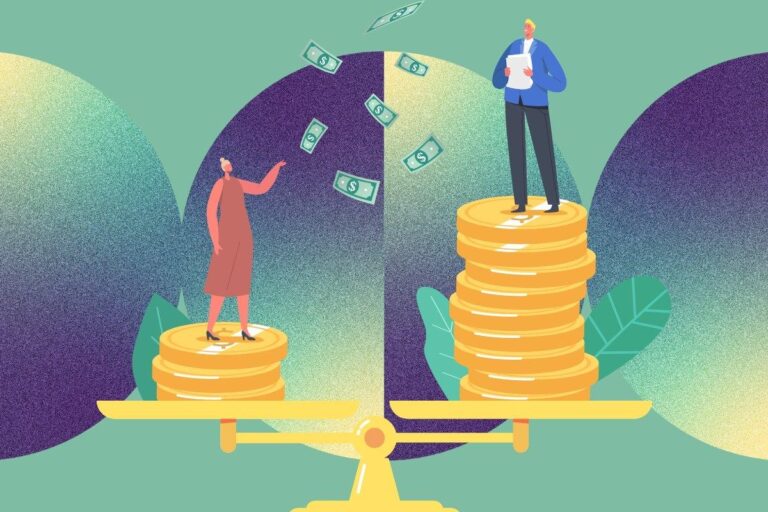The Gender Wage Gap in the DRC
The Democratic Republic of the Congo (DRC) is a nation rich in natural resources, yet it faces significant challenges in gender equality, especially concerning the wage gap. This disparity not only affects women’s economic well-being but also hinders overall national development. As outlined in various studies, the DRC’s gender wage gap reveals deep-rooted social and economic issues.
Understanding the Wage Gap
The gender wage gap refers to the difference in earnings between men and women, typically expressed as a percentage of men’s earnings. In the DRC, this gap is particularly pronounced, with women earning significantly less than their male counterparts for similar work. This unequal pay perpetuates cycles of poverty and limits women’s access to education and healthcare.
Factors Contributing to the Wage Gap
Multiple factors contribute to the wage gap in the DRC, including cultural norms, lack of access to education, and limited job opportunities. Traditional views often restrict women’s roles in society, deeming them suited only for domestic responsibilities. This cultural backdrop is exacerbated by economic instability, which further marginalizes women in the workforce.
Impact on Women’s Empowerment
The economic disadvantage faced by women due to the wage gap has serious implications for gender equality. When women are paid less than men, their ability to achieve financial independence is severely compromised. This lack of financial security limits their choices and prevents them from participating fully in societal development.
Efforts to Address the Wage Gap
International organizations and local NGOs are working diligently to combat the gender wage gap in the DRC. Initiatives focused on promoting women’s education and advocating for equal pay are gaining traction. Efforts are also directed towards changing societal attitudes that contribute to this disparity.
Conclusion and Call to Action
To mitigate the gender wage gap in the DRC, concerted efforts from government, civil society, and international partners are essential. Raising awareness about the importance of gender equality can catalyze change at multiple levels. For more insights on the gender wage gap in the DRC, visit this resource.

